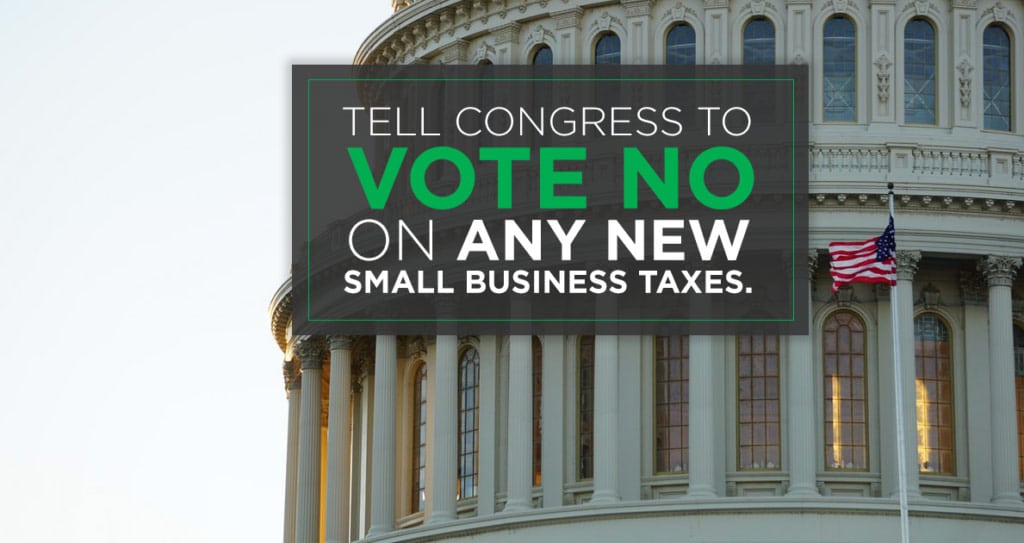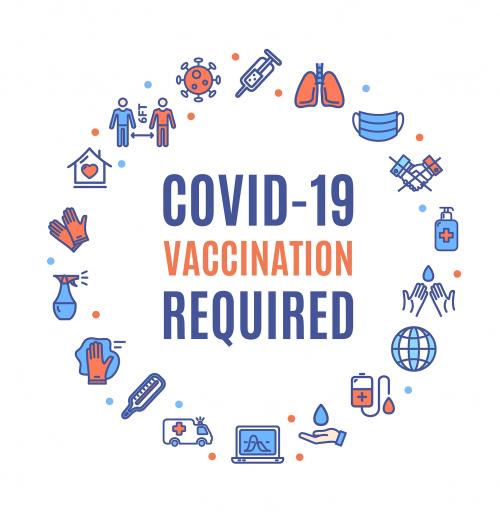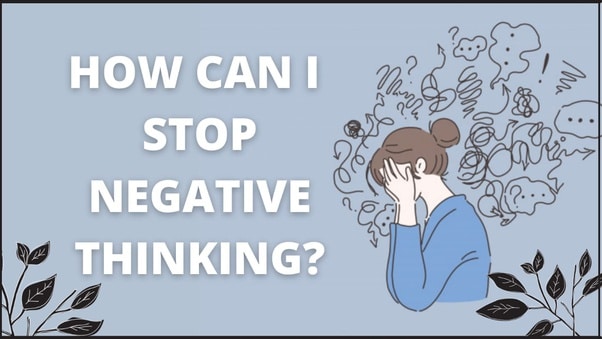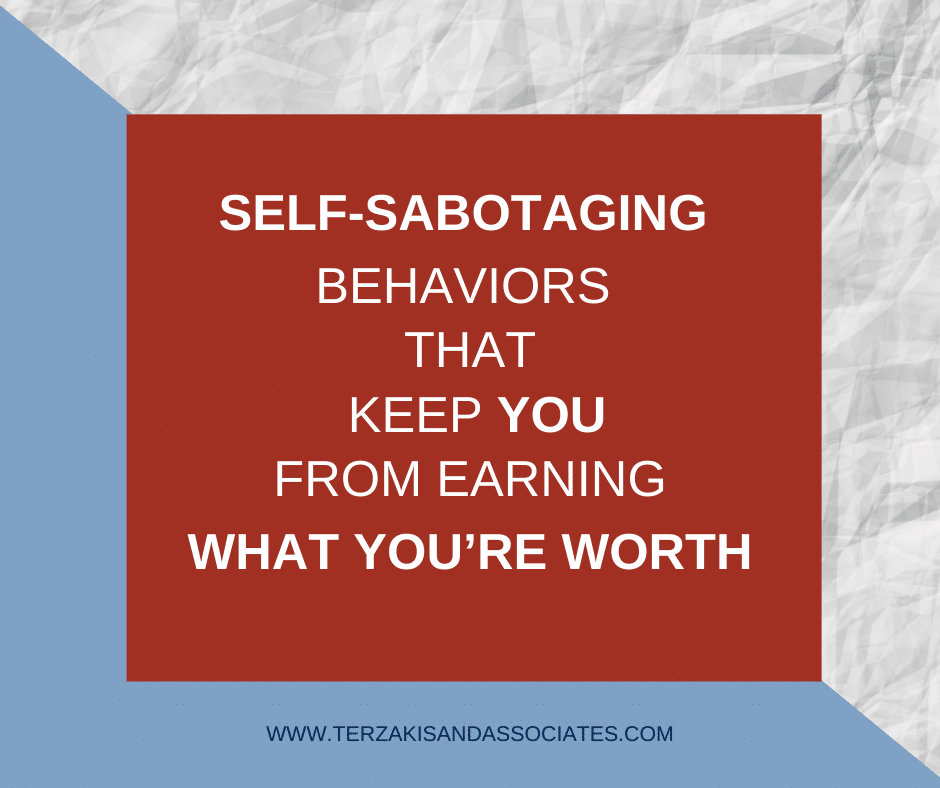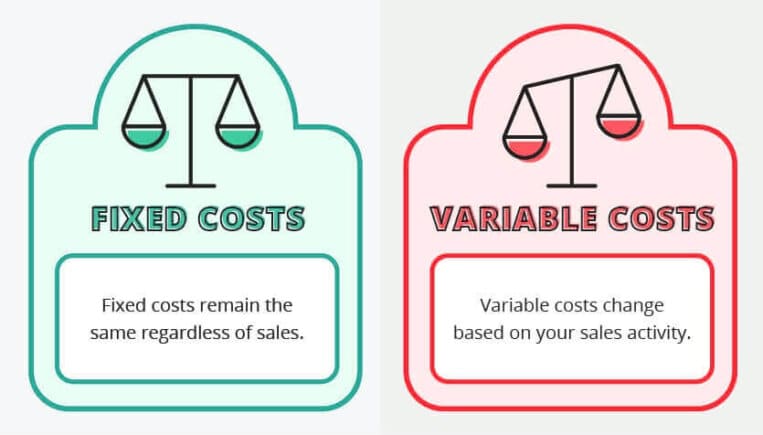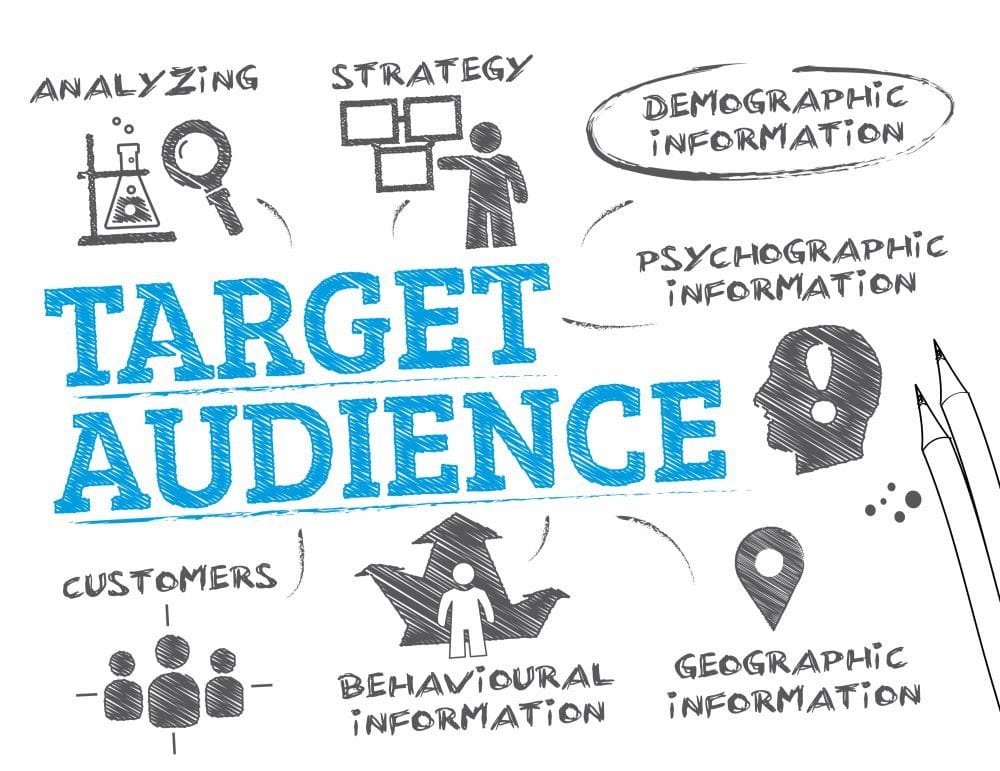When it comes to branding and your online presence, we’ve talked before about the importance of storytelling and authenticity, emphasizing that being genuine is the most powerful branding strategy.
But just how open and honest should you be when it comes to sharing your story?
Some prominent figures in the business world, such as Pat Flynn and Jon Lee Dumas, are notorious for their level of transparency.
They go as far as publishing monthly income statements!
You might argue that when you’re making the kind of bank they do (6+ figures each month) it’s easy to share—perhaps even inspirational to your audience. But it also might also be off-putting to some, since talking about money is often seen as vulgar – at least here in New England.
Surprisingly, in their case, this level of candor effectively attracts the audience they desire.
Maybe this level of transparency isn’t your style – and trust me, that’s okay – because there is a sea of mentors out there to match your individual needs. After all, that is the whole point of marketing… right?
Transparency manifests in various forms.
Many entrepreneurs openly discuss their battles with alcoholism, depression, cancer and other health challenges. They share stories of both personal and professional relationship triumphs and setbacks. Some even engage in public spats with competing businesses (yikes).
But it’s essential to realize that not every facet of your life and business requires frankness and honesty. With some forethought and planning, you can choose to keep certain aspects of your story private.
Keep an Eye on Your Social Media Profiles
Here’s where a lot of business owners falter, especially when it comes to Facebook. You have your personal profile, to which you invite friends and family, and your business page, where you talk, well, business.
But there will inevitably be some overlap. Colleagues will start appearing on your personal timeline, and vice versa. Before long, your business associates are privy to your latest bout with the flu and that snarky remark your mother-in-law made yesterday. Is this too much info? Well, it might be, but only you can decide that.
When it comes to your social media sharing, it’s important to pay close attention to not only what you say, but who you’re saying it to.
Using privacy settings, contact lists, and being selective about who you connect with can help maintain your privacy while still being transparent about your business offerings.
Remember, what happens on the Internet, stays on the Internet, baby!
While privacy settings can help, a better way to keep your personal business away from prying eyes is to simply not post it at all.
Think of every blog post, Tweet, Facebook status update and Instagram pic as a digital billboard. If you wouldn’t want it displayed on the side of the highway for all who pass to read it, it probably doesn’t belong online. The chance that it will “leak” (despite your best efforts) is great, and once it’s out there, you can’t take it back.
So, please think twice about those nasty replies, intimate details, and other confidential information. You honestly just never know who might be reading, and they will affect your brand image.
And if you’re someone who walks that fine line of total transparency… ask yourself these 3 questions before posting something.
1. Does This Post Add Value to Your Brand and Its Audience?
2. Does This Message Apply to Your Brand’s Morals and Values?
2. Where Does This Post Fall on the Line of Your Brand’s Boundaries?
The bottom line…
Know your audience and know yourself.
If you’re uncomfortable sharing certain aspects of your life and business, chances are your audience won’t be comfortable hearing about them either. It’s perfectly acceptable to maintain some level of privacy, even in the age of transparency in online marketing.
